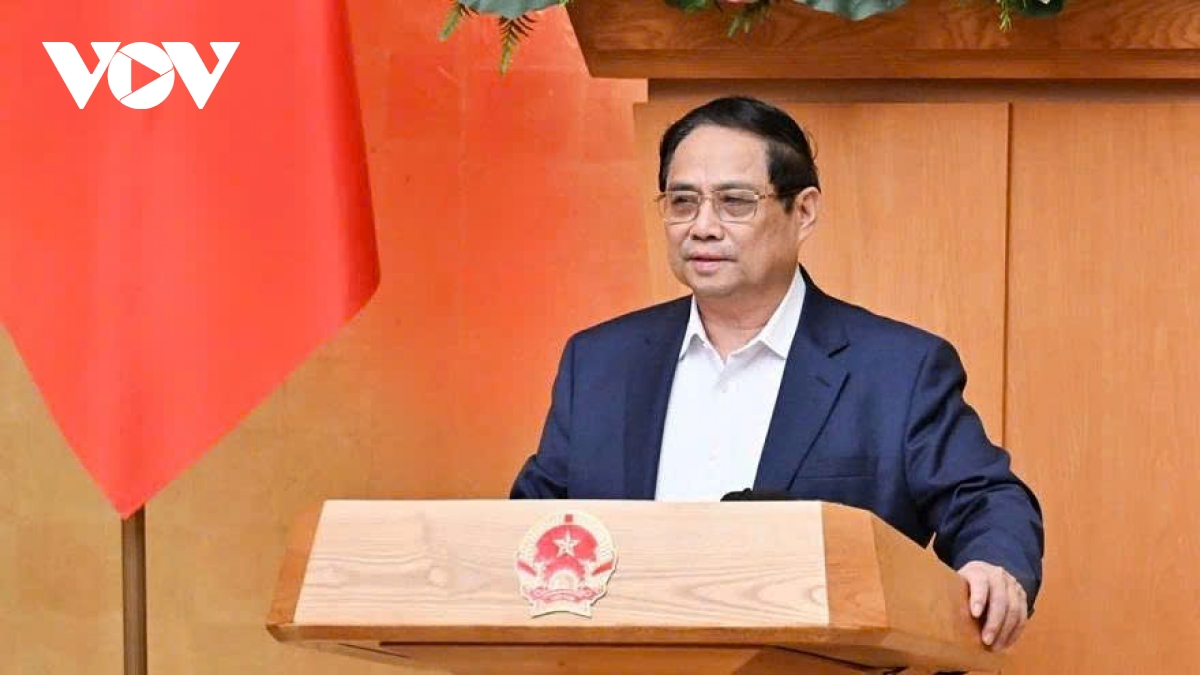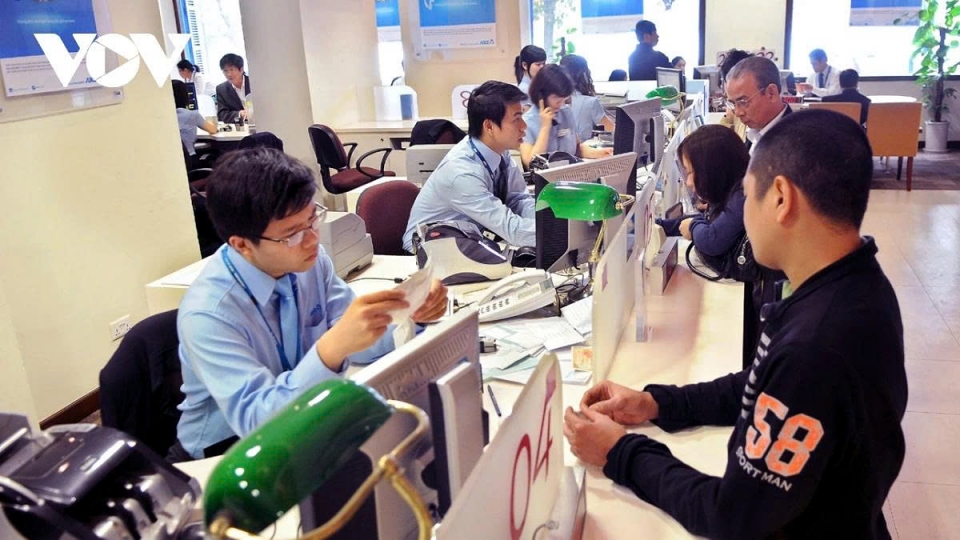Government debates seven draft laws in July legal affairs session
VOV.VN - Prime Minister Pham Minh Chinh on July 23 chaired the Government’s July 2025 session on legal affairs to review seven draft laws and consider the Government’s proposal for the 2026 legislative agenda.

Among those in attendance were Deputy Prime Ministers, Ministers, heads of ministerial-level agencies and government bodies, along with leaders from relevant ministries and departments.
Delegates discussed draft laws concerning judicial records; drug prevention and control; civil aviation; e-commerce; higher education; vocational education and training; and press.
In his opening remarks, Prime Minister Chinh emphasised that nearly seven months into 2025, the Government, along with ministries and sectors, has made strong and effective progress in legal development. He noted the close and efficient coordination between the Government and the National Assembly in institutional building and legal refinement.
According to the Government leader, numerous legal documents have already been adopted, promptly supporting the operation of the two-tier local government system. Agencies are continuing to monitor the system’s implementation, and any issues or inadequacies that arise will be proposed for timely revision or supplementation to match practical requirements.
Following the passage of laws, the Government and relevant ministries have been promptly drafting and issuing guiding documents to ensure that legislation is effectively implemented.
Under the direction of the Politburo and the Party Secretariat, led by General Secretary To Lam, the Government aims to comprehensively review the legal system, making necessary amendments to remove obstacles and inconsistencies, while fostering development and innovation, he said.
The Prime Minister instructed Ministers and heads of agencies to personally lead and actively engage in legal development. He also requested that delegates at the session focus on in-depth discussion, ensure timeliness and quality, resolve existing challenges, and promote a more facilitative and development-oriented legal framework.





